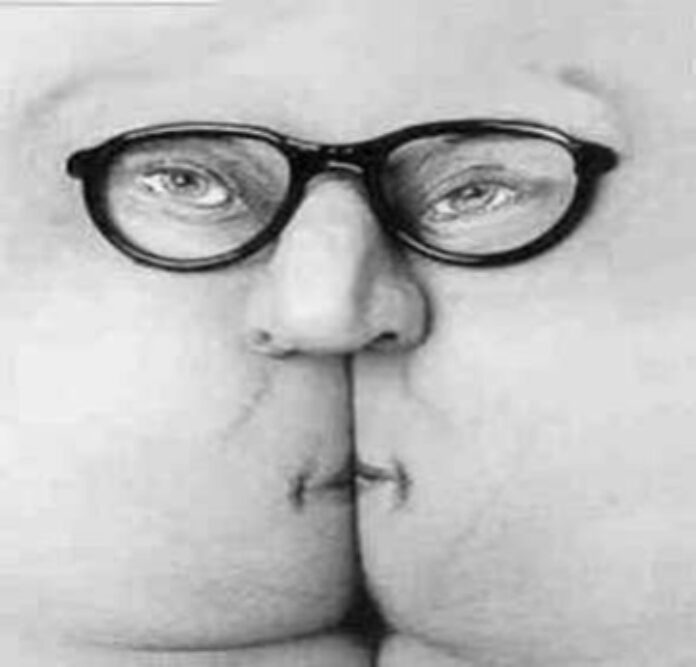The factory that mass produces Hirst’s work lies in a nondescript Beijing alleyway and the entrance is obscured by hundreds of chickens in cages as well as numerous market traders.
Investigative reporters working for the BBC uncovered the treasure trove of plastic skulls, plates and key ring chains after getting a tip off from a supplier to the Tate gallery in the UK.
“What we found were thousands of plastic human shaped skulls, machine made and painted by overworked Chinese workers who only get 10p an hour wages. It makes Top Shop and Apple look like the Ritz in working conditions, and dare I say, it disgusted me to see objects that are worth approximately 35 pence being sold in the UK for £35,000. I can’t even work out the mark up for that,” Terence Goodwill, one of the researchers for the BBC program ‘Hirst Fraud’ explained.
Hirst is most famous for his formaldehyde shark and cow, which were also manufactured in China much to the dismay of art aficionados.
“Those sharks were not real sharks but made of rubber as were the cow. Hirst wanted ultimate control, and the rubber will last for centuries which will not be the case if they were real. He even wanted the Chinese engineers to put motors in the shark’s mouth, but we dissuaded him on the premise that it would detract from the scam,” one of the engineers of the multi-million pound fraud explains in the show.
Another person who was involved in the fraud said: “The suckers who buy this shit are just that. Idiots and morons with no concept of art. We could tell these dipshits to buy a piece of dog turd and they would fork out thousands. Such is the level of idiocy in the field of conceptual installation art. We took their money and we laughed at them all the way to the bank. I’d say it’s been one of the biggest scams in history.”
Thousands of people who were tricked into buying Damian Hirst pieces are now asking for their money back.
The BBC will air the Hirst Fraud documentary in June.







